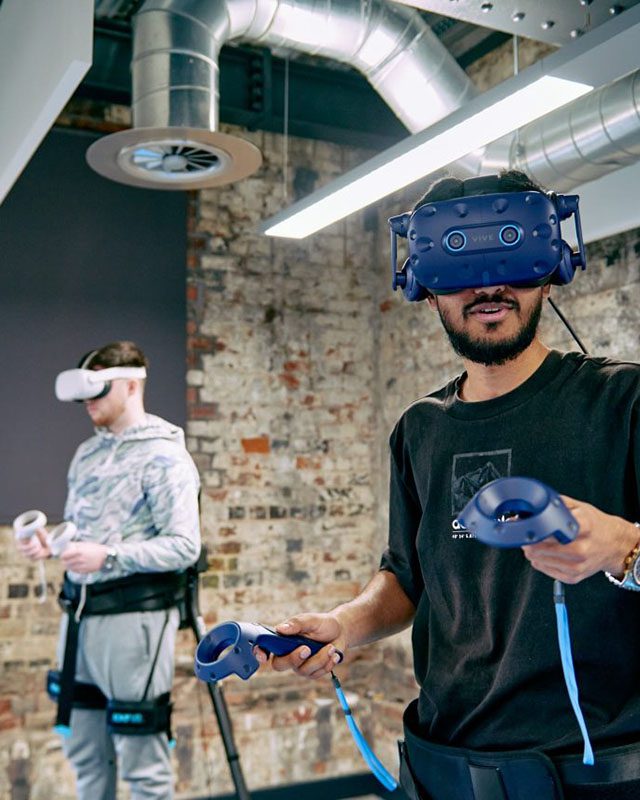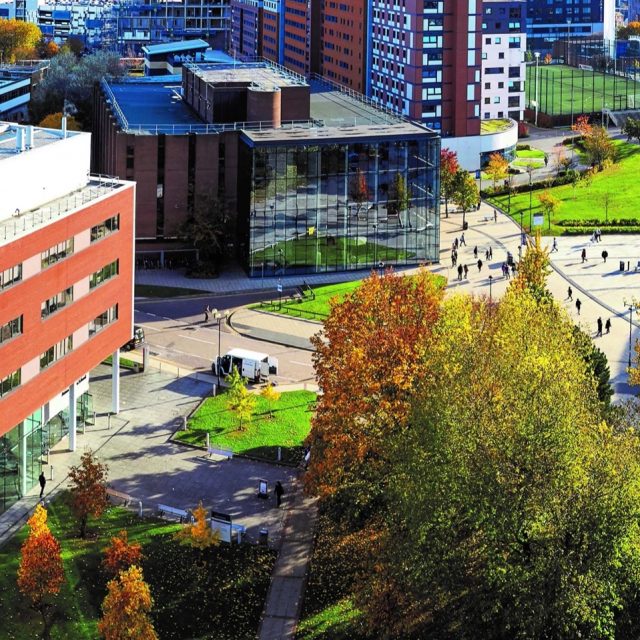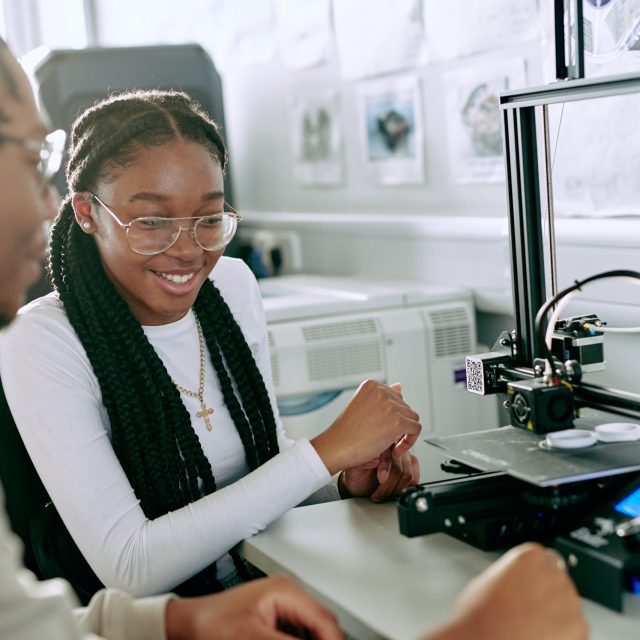University of Wolverhampton
The University of Wolverhampton has met the demands for education and innovation from industry for more than 190 years, evolving with the region’s economic expansion.
This tradition of providing opportunity and academic excellence remains today with the university having a clear mission: Maximising opportunity through generating knowledge, innovation and enterprise.
The University of Wolverhampton’s history may have roots in the 19th century but now it leads the world in 21st-century technology, whether it is being the first in the world to uncover one of the processes in the body that can cause type 2 diabetes or developing Europe’s first metal laser sintering machine.
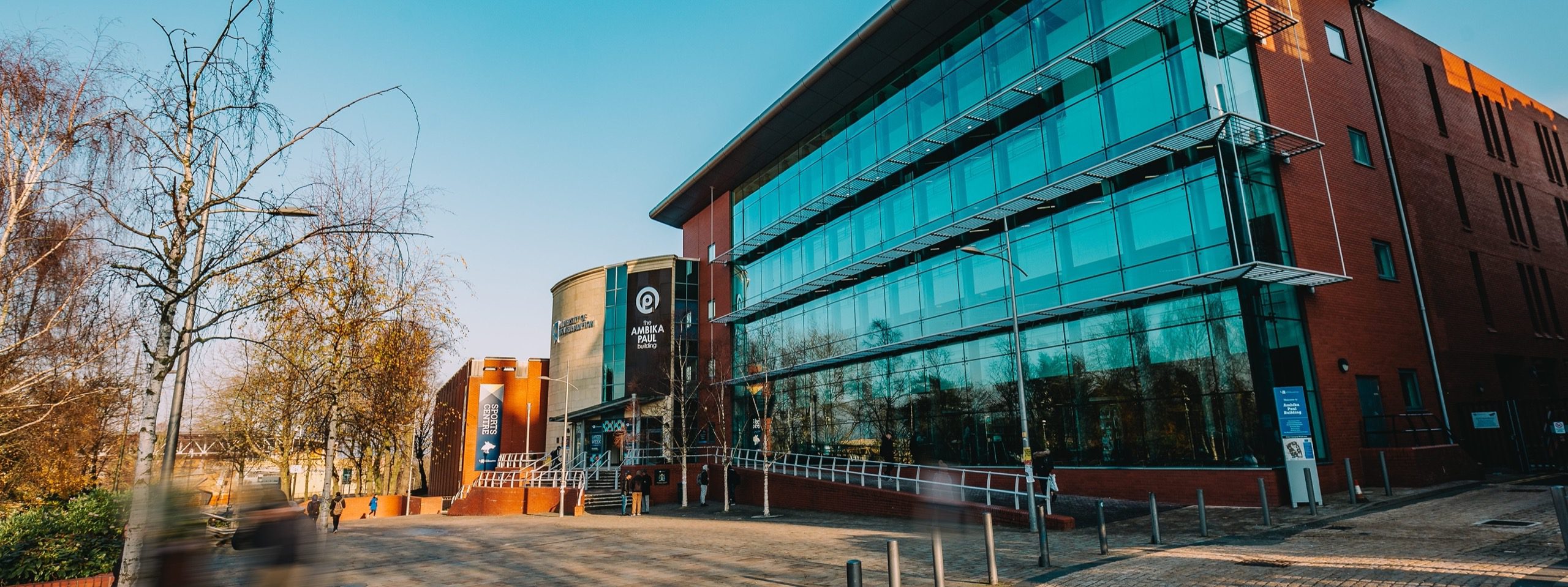
The university offers more than 500 courses in 70 different subjects delivered from 18 schools and institutes, across its four faculties:
- Faculty of Arts
- Faculty of Education, Health and Wellbeing
- Faculty of Science and Engineering
- Faculty of Social Sciences
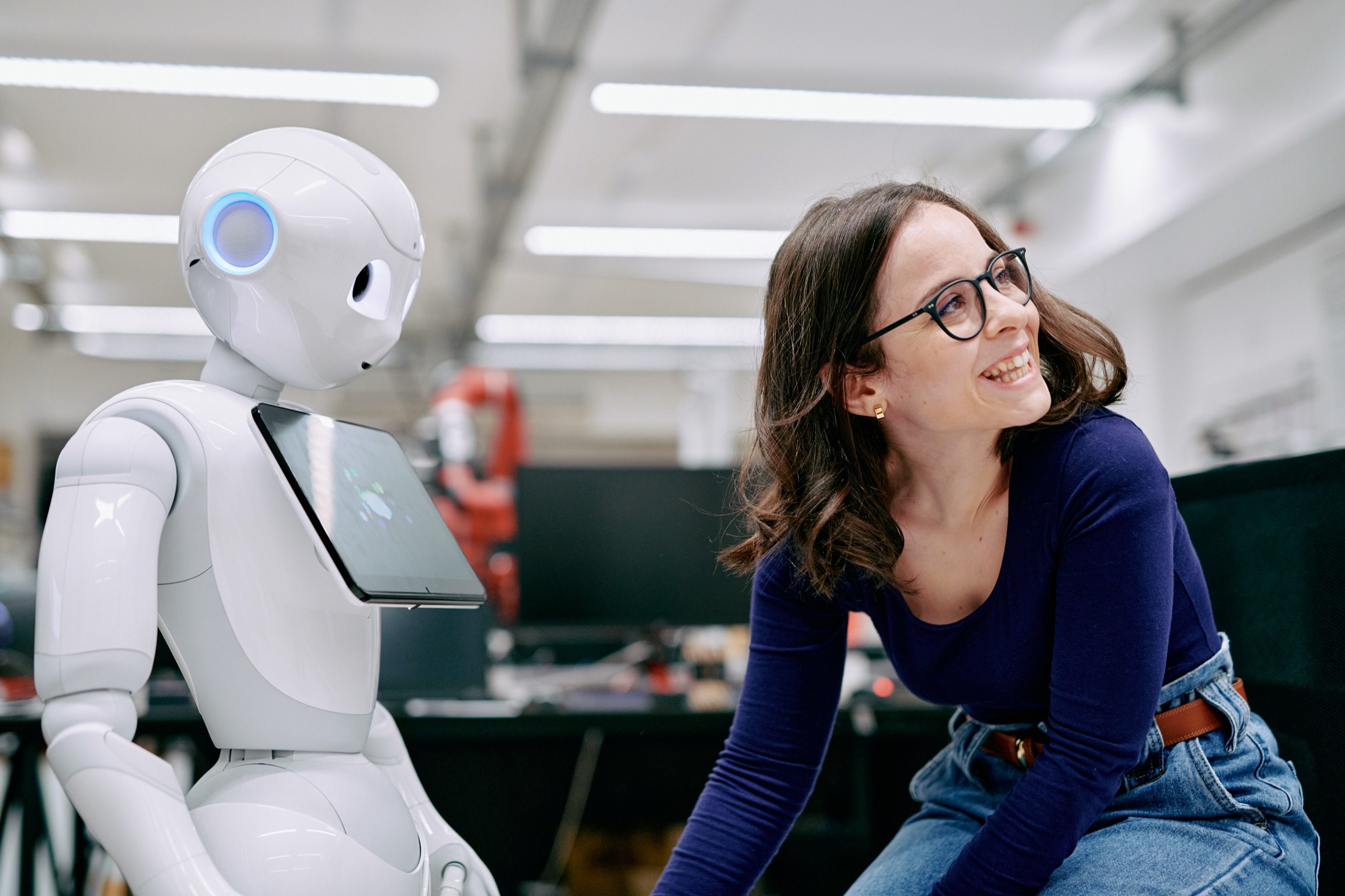
Industrial Partnerships with the University of Wolverhampton
All of the university’s academic schools have areas of research strength, overseen by its established Research Institutes and Centres, many of which work closely with industry on large-scale projects.
The university is continually growing its research capability, building on international and local findings and utilising its strengths in several research areas. This allows it to help businesses with their own research and development, leading to new products, services, processes and markets.

University of Wolverhampton’s Business Services
The University of Wolverhampton can offer its expertise and services to businesses across a number of areas, in addition to research. These include:
New product development services – The SciTech Innovation Hub provides new product development services for businesses and individuals.
Innovation projects – Businesses can find out how to access resources, government funding and expertise to innovate, expand or improve the performance of their business through a Knowledge Transfer Partnership (KTP) or the Knowledge Exchange and Enterprise Network (KEEN).
Virtual reality modelling – The university’s Virtual Design Enterprise Centre is a purpose-built virtual reality centre that allows businesses to visualise a product or situation and evaluate its characteristics in detail before the final design.
Consultancy services – The university’s academic staff is available to work with businesses as consultants on a variety of projects. From help to re-model strategy to support on business issues such as the delivery of new products and services, academic staff are there to help.
